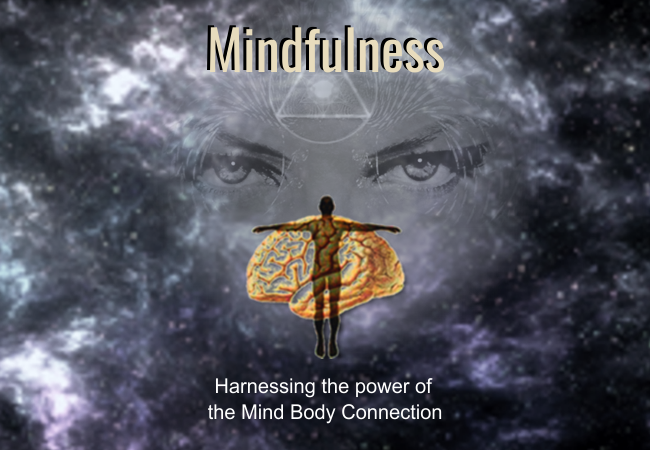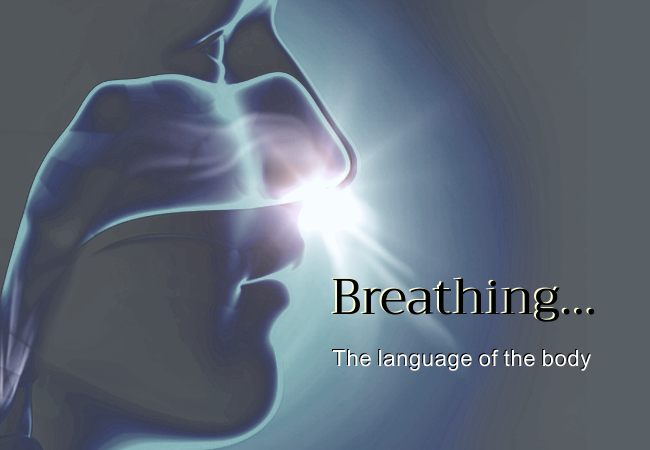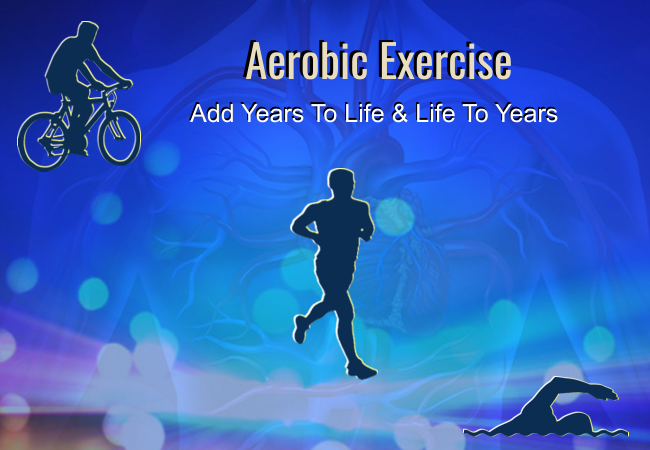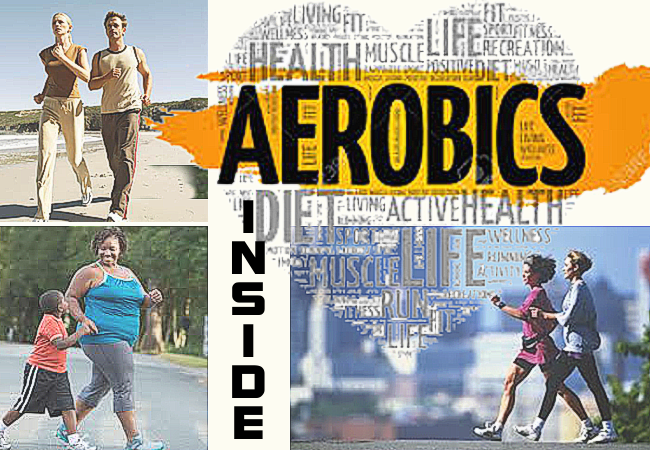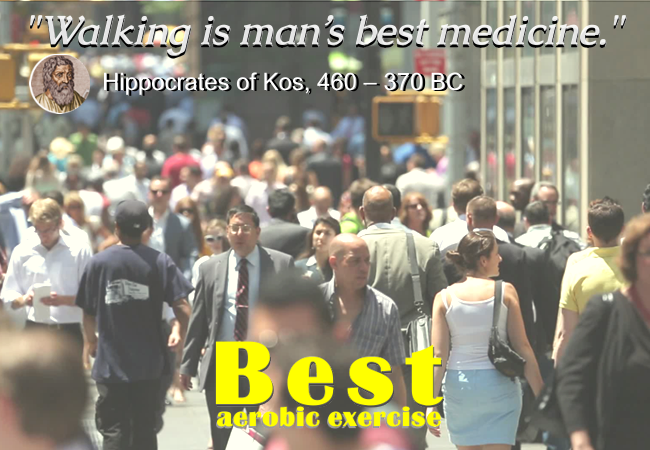"Walking—or gait—speed is a powerful indicator of vitality."
"We're able to show that a person's capacity to move strongly reflects vitality and health."
“We are saying your body selects a walking speed that is best for you based on the health of all your body systems.
Your speed is your health indicator.”

